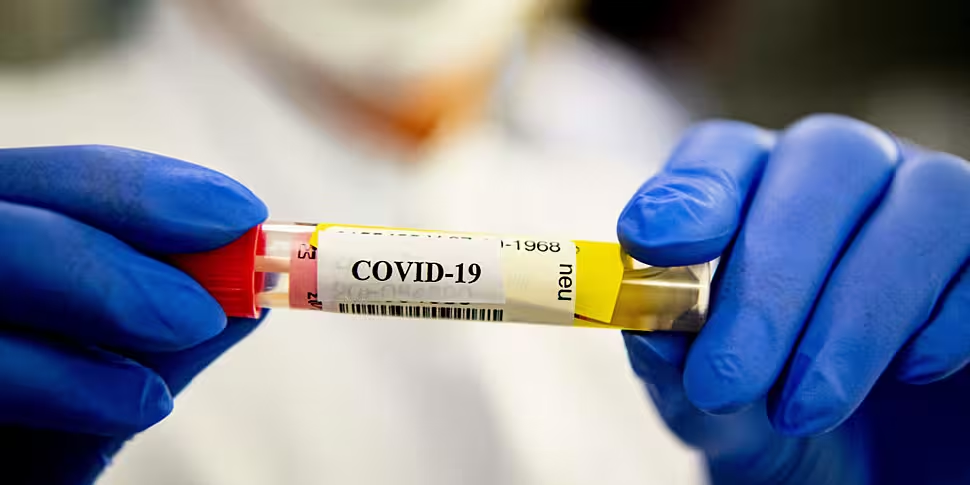It has been revealed that up to one quarter of coronavirus cases in the US can be traced back to one individual in Seattle.
The US has the most deaths and most cases from the virus of any country in the world.
A study from the Fred Hutchinson Cancer Centre in Seattle examined the high level of contagion involved.
Professor Luke O'Neill is from the School of Biochemistry and Immunology at Trinity College Dublin.
He told Pat Kenny: "It turns out there's tiny differences - say if you have the virus and I have it - there might be a tiny difference between [them].
"It's like a fingerprint, if you like - it's the same virus obviously.
"And they can now really finely map the types of viruses around America and all over the world, and then trace them back.
"It looks as if it was a single individual in Seattle, in January, and had a fingerprint of the virus in the person's body.
"And that virus then spread to as many as 25% of the American cases".
"It tells you how contagious this is.
"So if we ease the lockdown too much, of course, if there's a single person out there in the community... it could start again and spread like wildfire.
"So it's a very important study in terms of how contagious this virus is".
This specific virus was also found in Australia and on a cruise ship.
On the wearing of masks, Prof O'Neill says he is welcoming any move towards this.
But he says details will have to be given from the NPHET.
"They're right to be cautions in a sense, you've got to wear the mask properly.
"They're going to give, hopefully, clear guidelines as to how masks should be warn and the types of masks.
"Remember these aren't the masks that our healthcare workers should wear - a cotton mask does the job just as nicely."
"We all agree this is another way - it's not the only way, of course.
"You've got to keep doing everything else as well [but] why not add this into our set of weapons against this virus?"
And Prof O'Neill debunked a French study which suggested that nicotine could be protective against the virus, after only a small number of people in ICUs there with the disease were smokers.
He says: "If this was the case it'd be tremendous cause you could use nicotine as a drug.
"And in fact there's now trials happening with nicotine patches that's been provoked by these studies.
"But when they dug into it a bit, they realised that many of the people were healthcare workers anyway: cause obviously healthcare workers have higher incidents and they're inclined not to smoke - so there was a bias in the population.
"And then... they think people lied anyway to their doctors when they asked them 'are you a smoker'".









